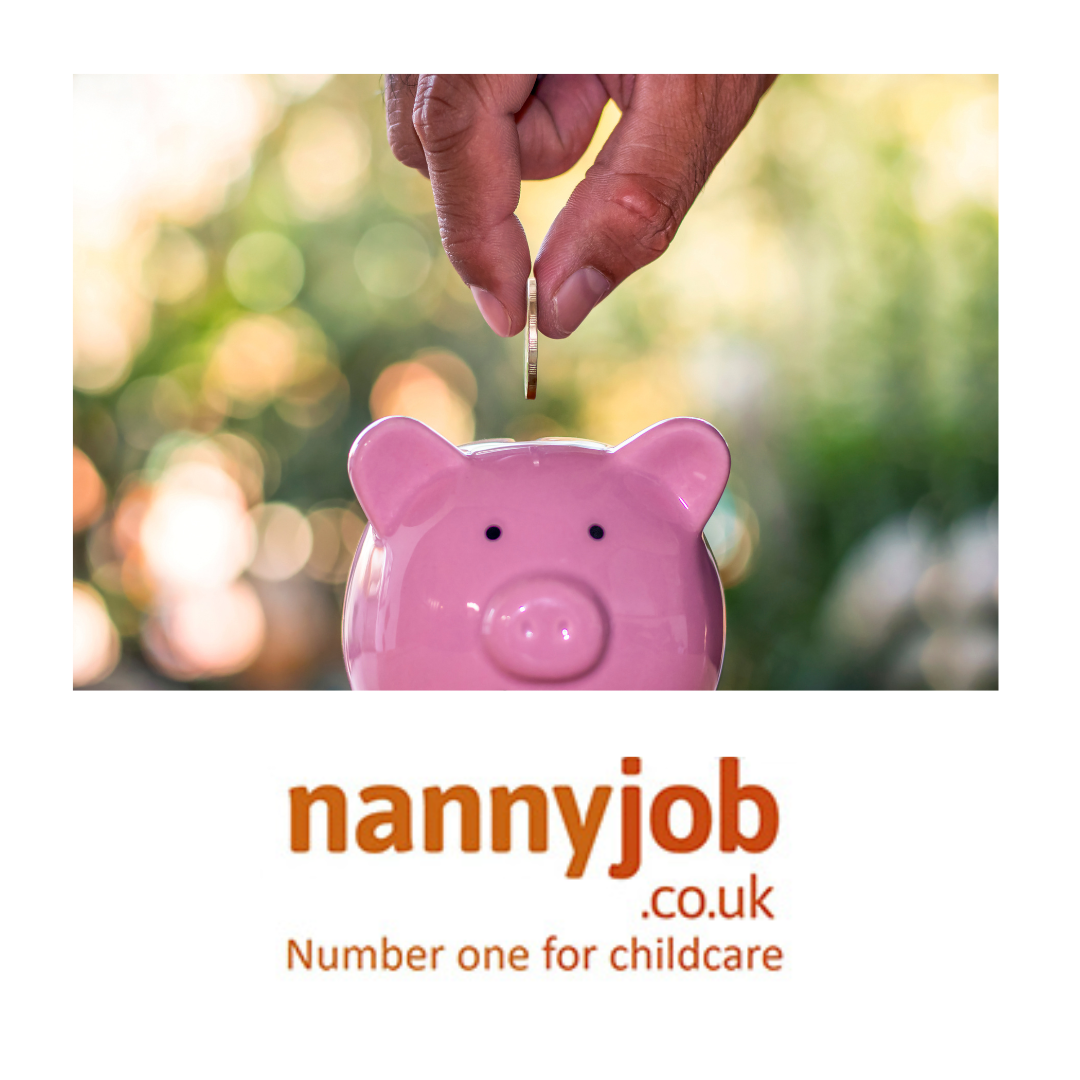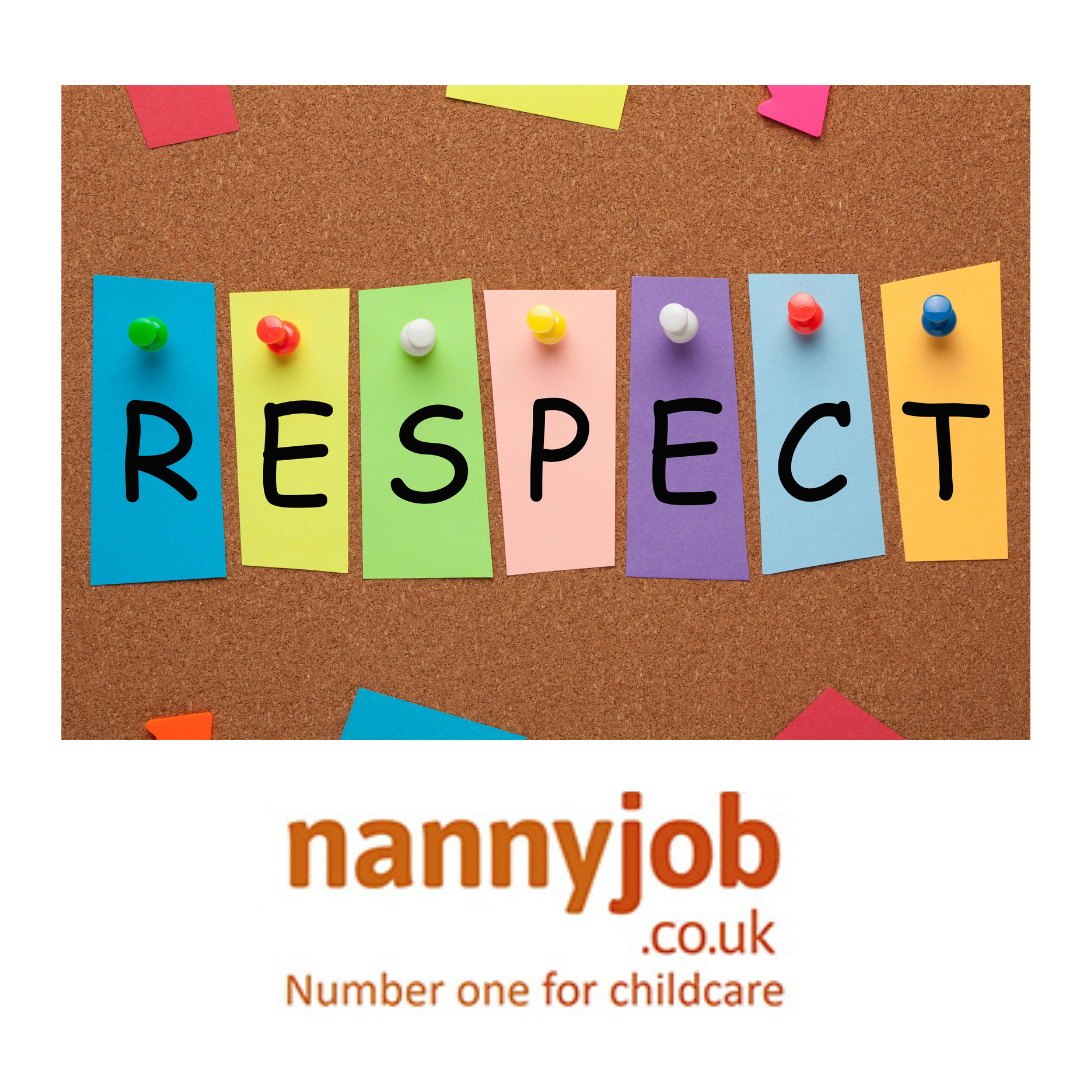Introduction: As a nanny, you play a crucial role in your nanny family’s life, not just in caring for their children but also in supporting them in various aspects, including financial matters. In this blog post, we’ll explore some practical tips and strategies that nannies can implement to help their families save money without compromising on quality care for the children.
- Meal Planning and Preparation: One of the significant expenses for any family is food. By assisting with meal planning and preparation, nannies can help their nanny families save a considerable amount of money. Collaborate with the parents to create weekly meal plans that focus on budget-friendly yet nutritious meals. Utilise leftovers creatively to minimise food waste and encourage the family to shop smartly by buying in bulk or taking advantage of sales and discounts.
- Budget-Conscious Activities and Outings: Entertaining children doesn’t have to break the bank. As a nanny, you can suggest and organise budget-conscious activities and outings that are both enjoyable and educational for the children. Explore local parks, libraries, museums with free admission days, or plan nature walks and picnics in the outdoors. Get creative with DIY arts and crafts projects using affordable materials, fostering creativity while saving money.
- Energy Efficiency Practices: Help your nanny family reduce their household expenses by promoting energy efficiency practices. Encourage turning off lights and electronics when not in use, utilizing natural light during the day, and adjusting thermostat settings to conserve energy. Educate the children about the importance of being mindful of energy consumption and involve them in simple energy-saving activities, such as turning off the tap while brushing teeth.
- Thrifty Shopping and Clothing Swaps: Support your nanny family in making savvy purchasing decisions by researching and recommending budget-friendly shopping options for children’s clothing, toys, and other essentials. Suggest participating in clothing swaps with other families or utilizing online platforms for buying and selling gently used items at a fraction of the cost. By embracing a more minimalist approach to consumption, families can save money while reducing clutter in their homes.
- Financial Planning and Goal Setting: Encourage open communication with your nanny family about their financial goals and priorities. Assist them in creating a realistic budget that aligns with their income and expenses, emphasising the importance of setting aside savings for emergencies and future endeavors. Offer support in tracking expenses, identifying areas for potential savings, and celebrating milestones along the way.
Conclusion: As a nanny, your role extends beyond childcare to include supporting your nanny family in various aspects of their lives, including financial management. By implementing these practical tips and strategies, nannies can play a vital role in helping their families save money while providing quality care for the children. Together, you can work towards achieving financial stability and peace of mind.









